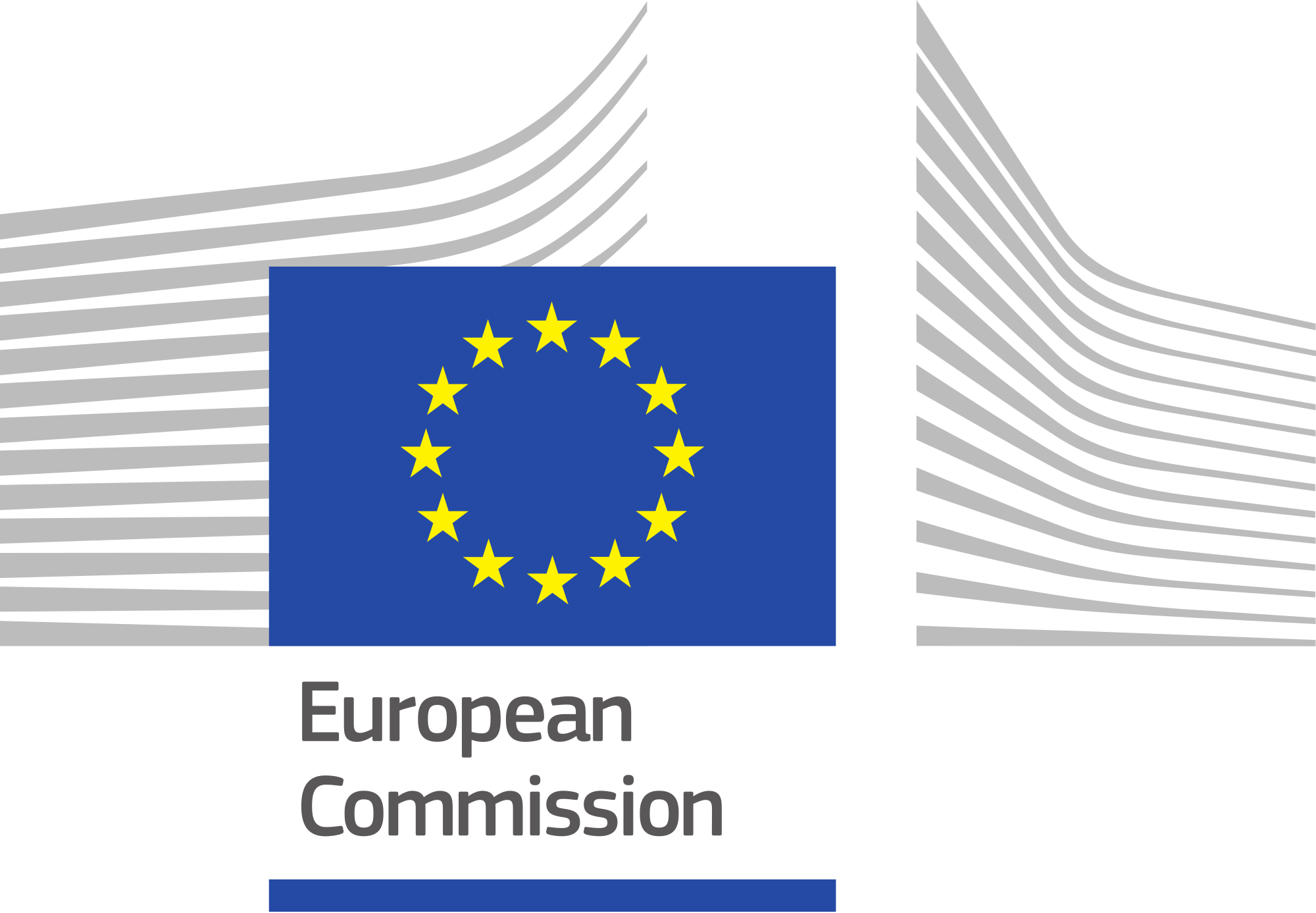Tomas Niklasson, the European Union’s Special Representative for Afghanistan, emphasized the relationship between the Islamic Emirate and the European Union during a meeting with Mawlawi Abdul Kabir, the Political Deputy of the Prime Minister’s Office.
In the meeting, Tomas Niklasson stated that the EU plans to collaborate with international partner organizations to provide €45 million in aid for alternative crop cultivation for Afghan farmers in the near future.
Hamdullah Fitrat, Deputy Spokesperson of the Islamic Emirate, told TOLOnews about the meeting, stating: “Mr. Tomas Niklasson praised Afghanistan’s progress and highlighted the importance of ensuring security, eliminating corruption, and the Islamic Emirate’s efforts to combat narcotics. He also emphasized the need for international organizations to play a role in promoting alternative crops and treating drug addicts.”
According to Fitrat, Tomas Niklasson deemed the EU’s staff access to all parts of Afghanistan a vital step for effective assistance and stressed the necessity of international organizations working alongside the Islamic Emirate to combat narcotics and develop alternative farming options.
Sayed Zia Hosseini, a political analyst, remarked on the importance of such meetings, saying: “These discussions can foster a positive and interactive approach, encouraging other members to adopt a unified and cooperative perspective towards Afghanistan, ultimately promoting engagement between the Islamic Emirate and Western societies.”
Meanwhile, Mawlawi Abdul Kabir highlighted the importance of collaboration and aid from humanitarian organizations, including the European Union, for Afghan refugees. He urged the cessation of forced deportations of Afghan migrants from neighboring and other countries worldwide.
Additionally, the EU Special Representative for Afghanistan noted that discussions with neighboring countries have been held to prevent the forced expulsion of Afghan refugees.
Mohammad Khan Mohammadzi, a migrant rights activist, stated: “Through multilateral committees of host countries and Afghanistan’s caretaker government, there is a need to negotiate for extending or renewing the residency permits of Afghan refugees in host countries, or to simplify their living conditions in those countries.”
This comes as, last month, the United Nations Office on Drugs and Crime (UNODC) reported a 30% increase in opium production in the current year compared to the previous year—a claim the Islamic Emirate dismissed as baseless.

